From the Editors
Embodied Narrative: Living Out Our Lives
Poet in Profile: John O’Donohue
Bringing Therapy Home: Book Review of One Hundred Names for Love
Profiles in Professionalism With Beth Skidmore
Milestones and Momentum: JHR’s Decade of Humanistic Progress and the Crossroads Ahead
Narrative and Perspectives
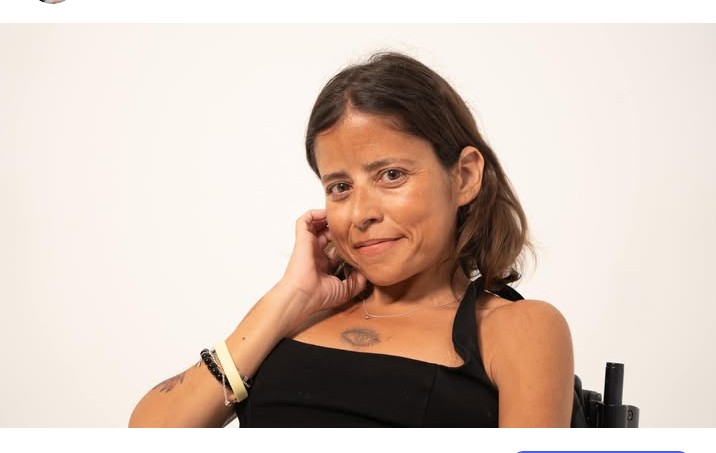
Can You Hear Me, Now?
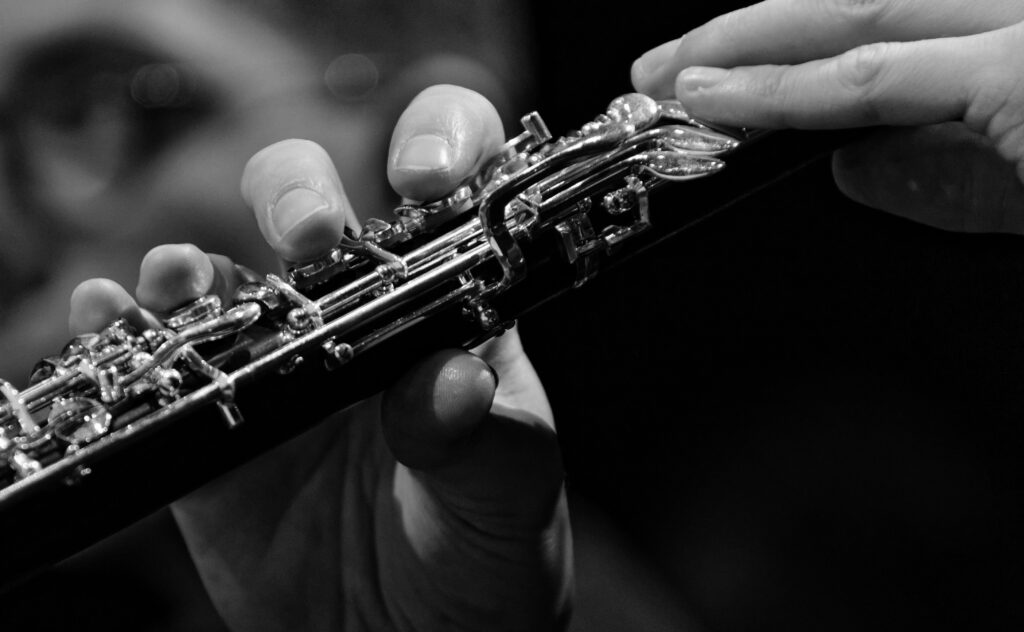
The Crying Oboe and Steady Strings
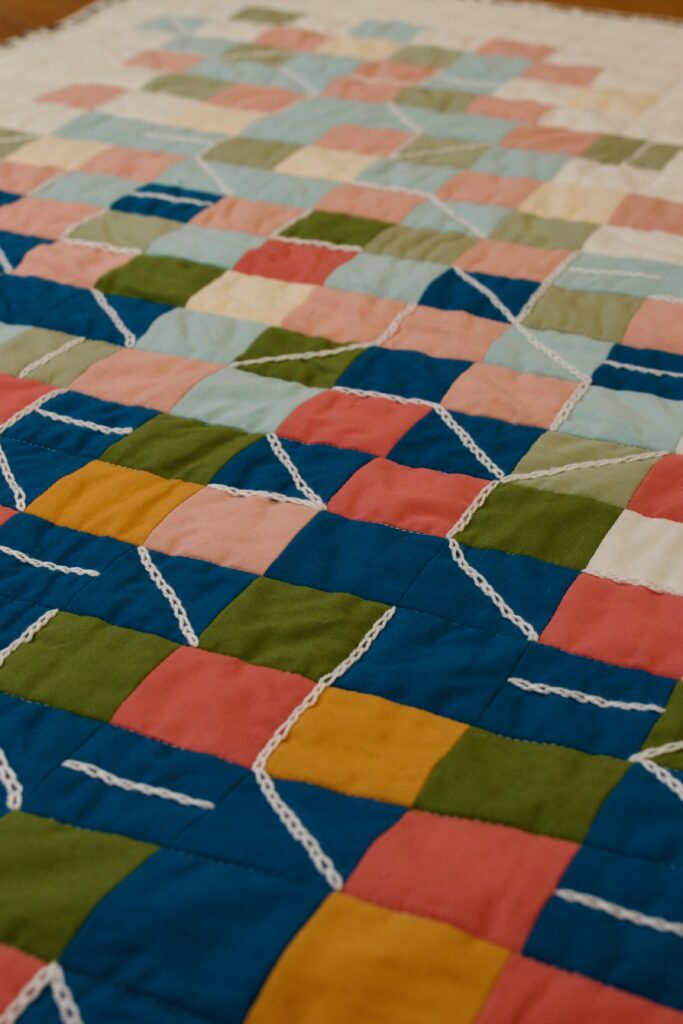
Thinking Through Making
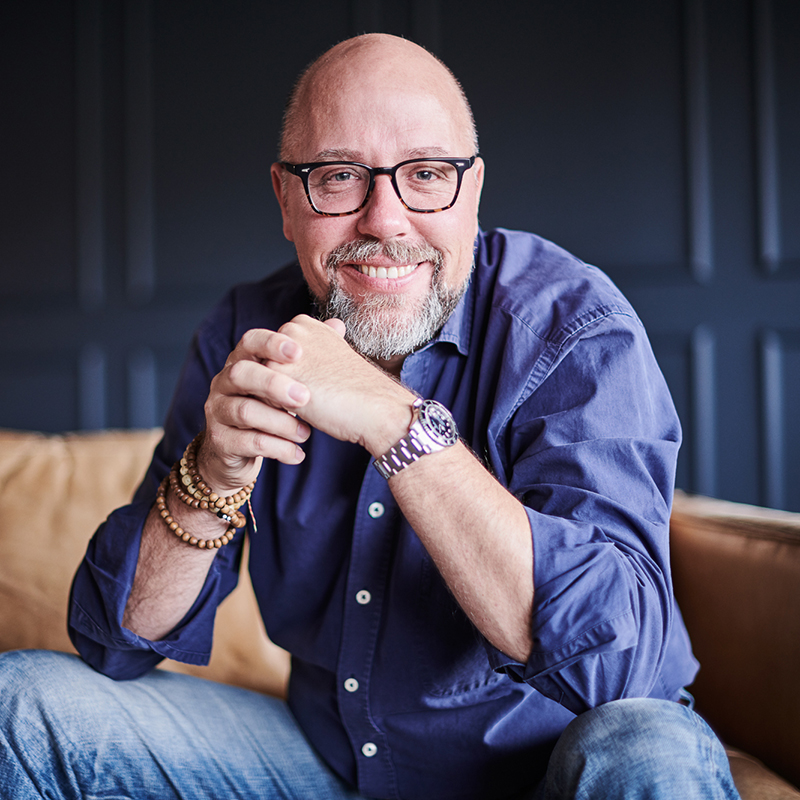
Special Issue - The Disability Equity Summit
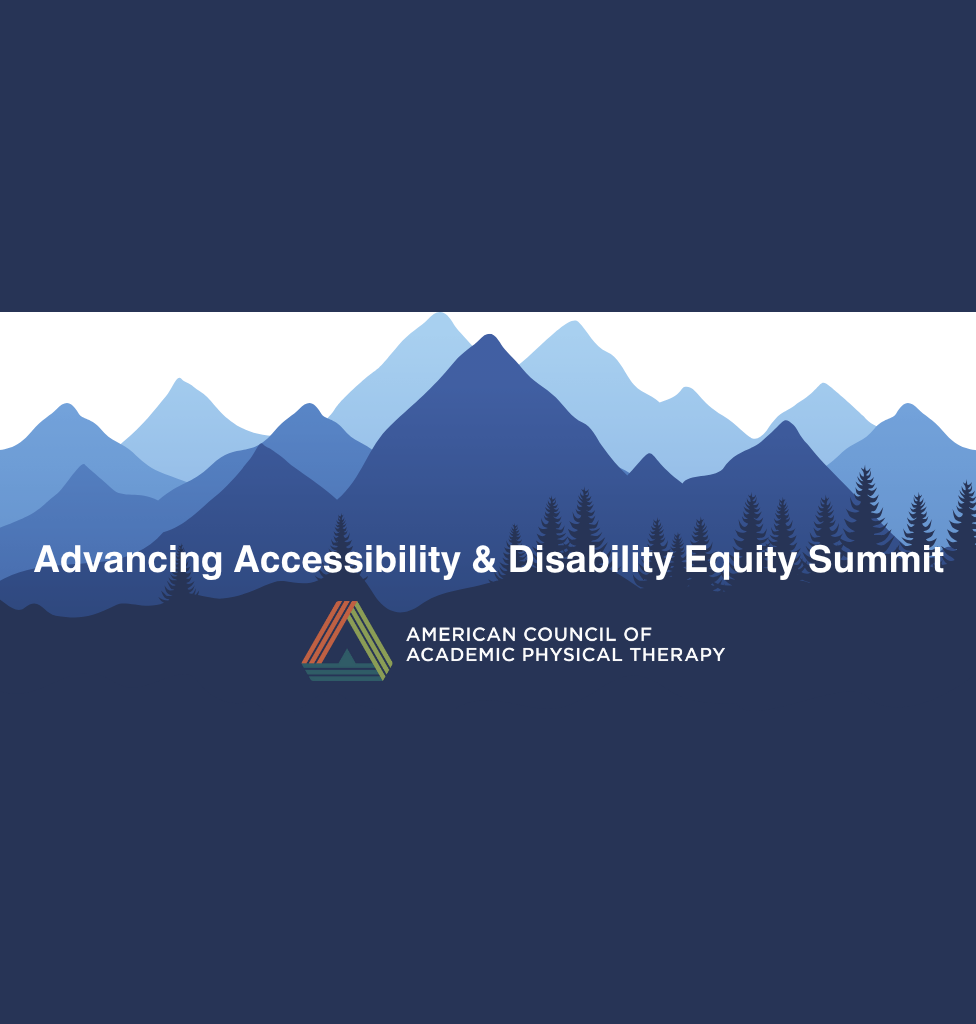
The Advancing Accessibility and Disability Equity Summit: An Introduction and Reflection on Key Take-Aways
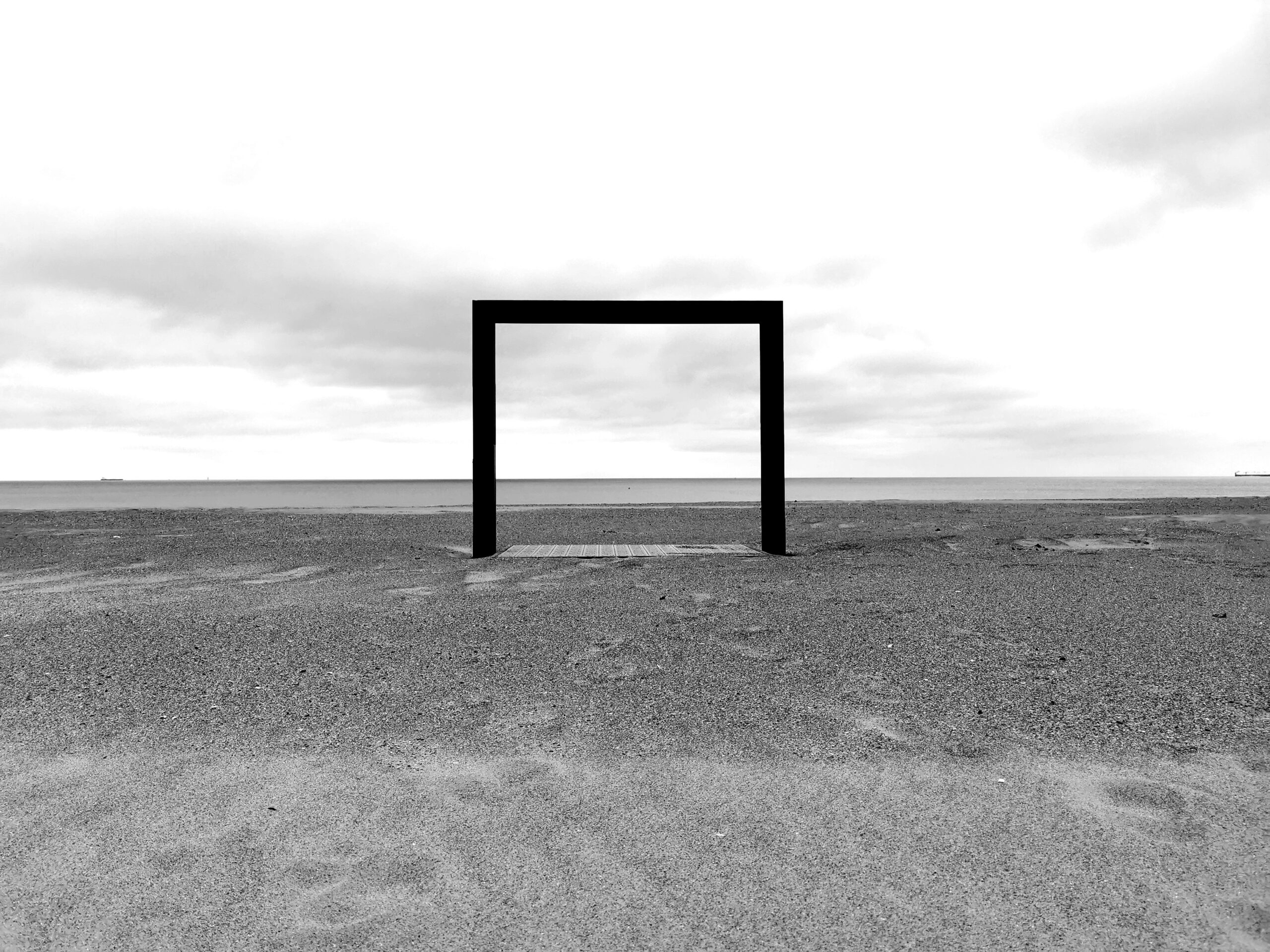
Special Issue Editorial: An Invitation to Reorient and Re-imagine
New and Recently Featured Articles
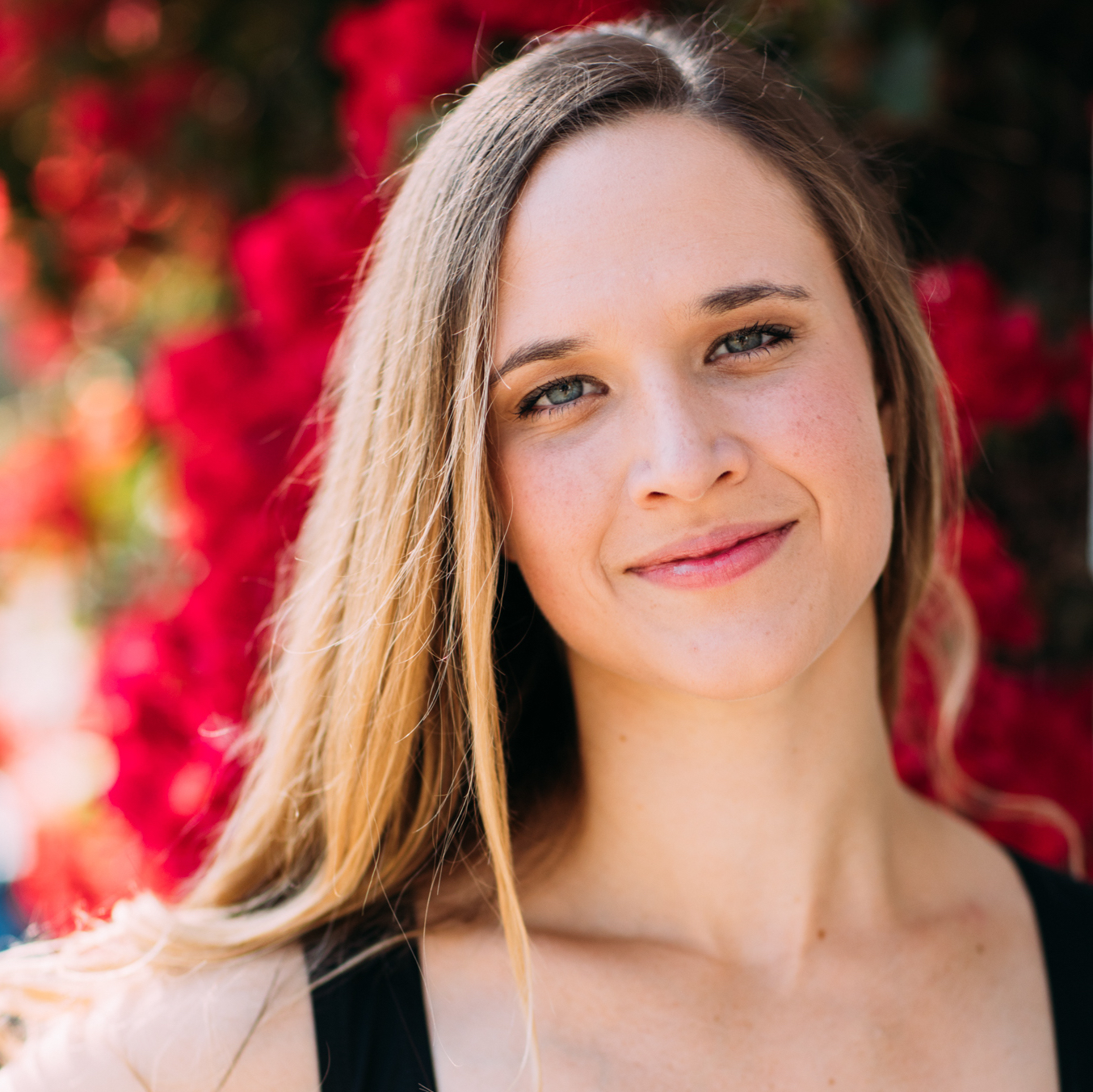
Female CHF 89
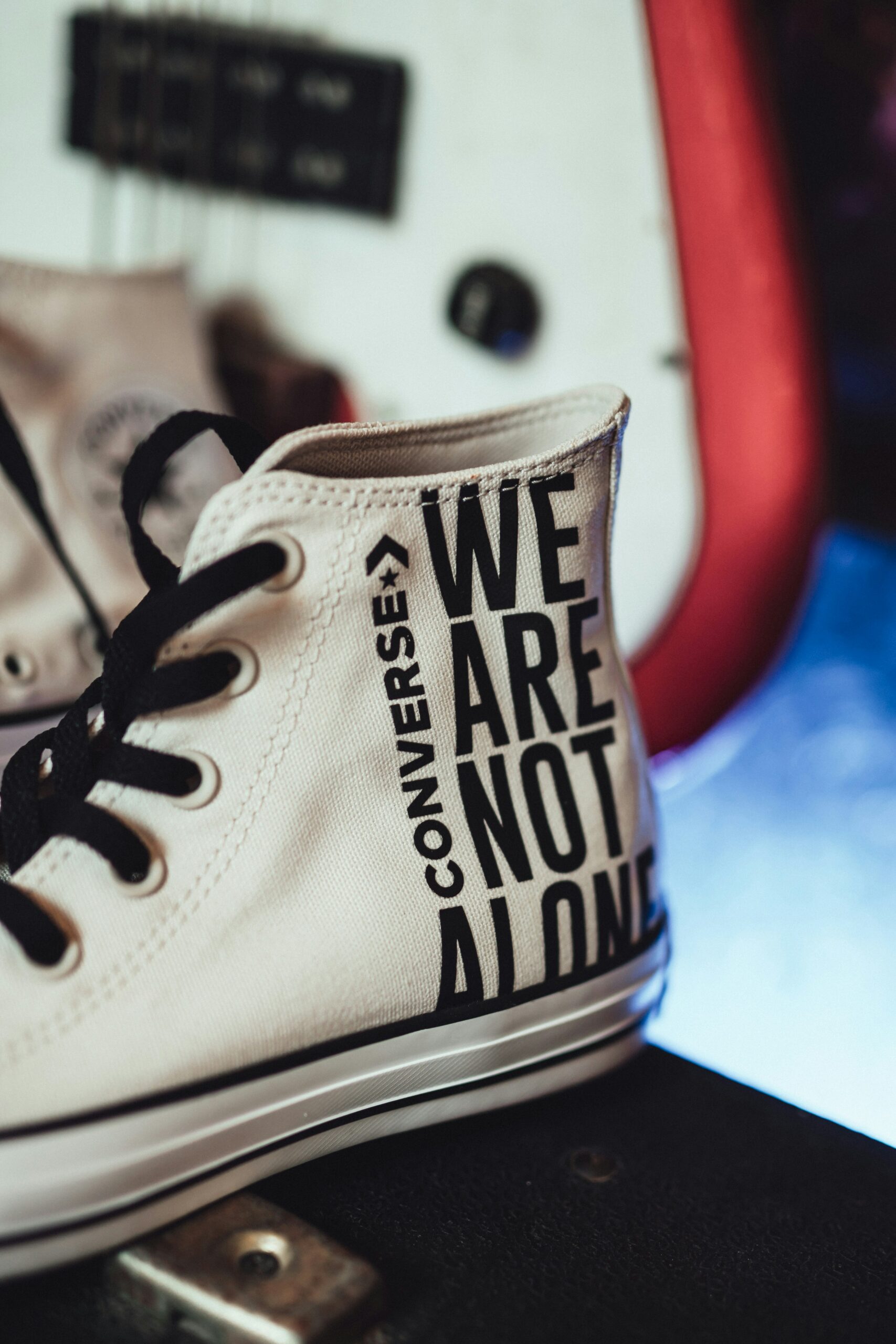
We Are No Longer Alone: Student Panelist Reflections on the Advancing Accessibility and Disability Equity Summit
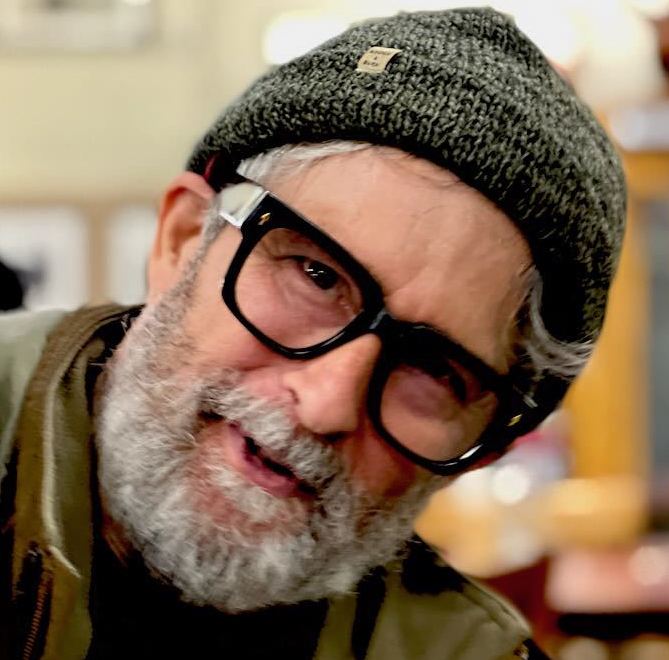
Sumpter

What is JHR?

Forging a New Future
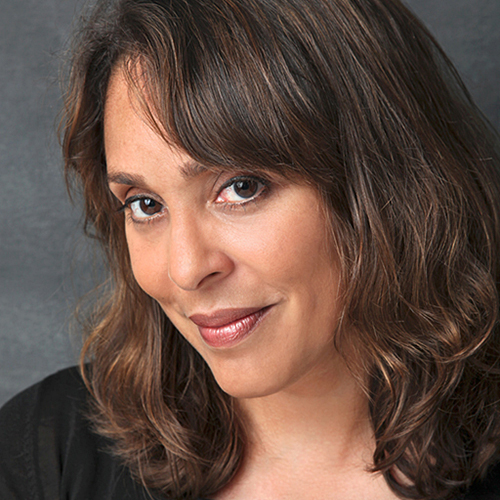
Poet in Profile: Natasha Trethewey

Block and Fall
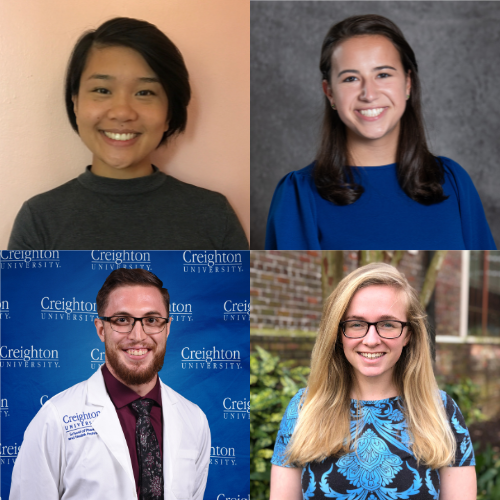
Graduate Student Ambassador Program
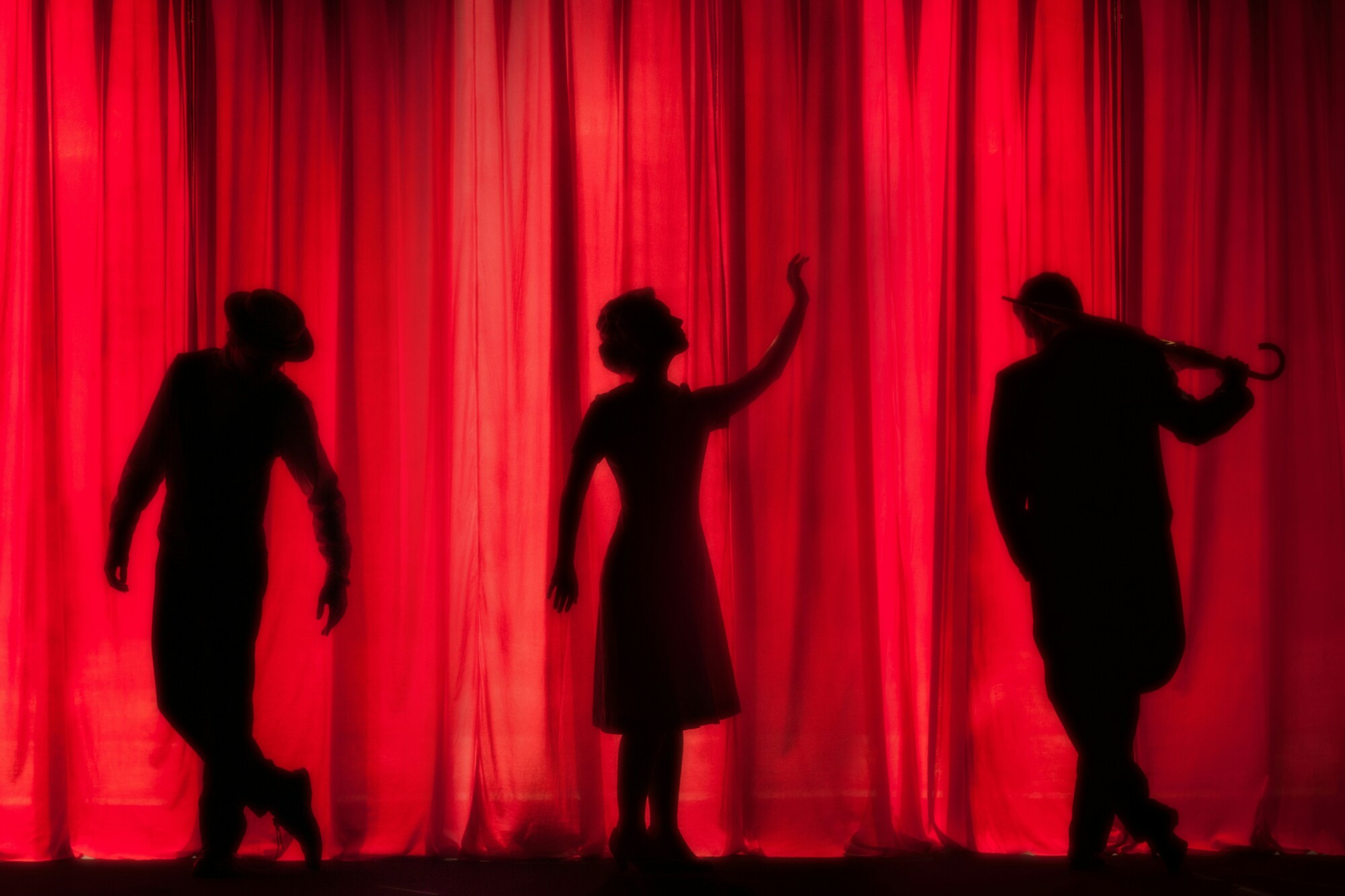
Utilizing Drama to Teach Intervention Strategies for Patients With Alzheimer’s Disease: The Intersection of Humanities and Clinical Science

From Individuals With Aphasia and Brain Injuries to Poets: How the Book I Don’t Think I Did This Right Came to Be
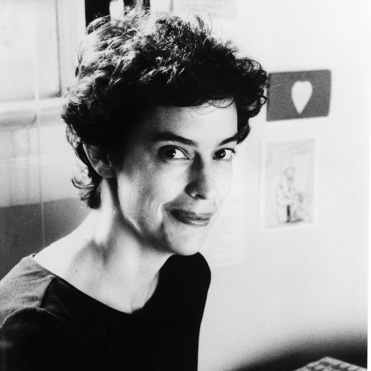
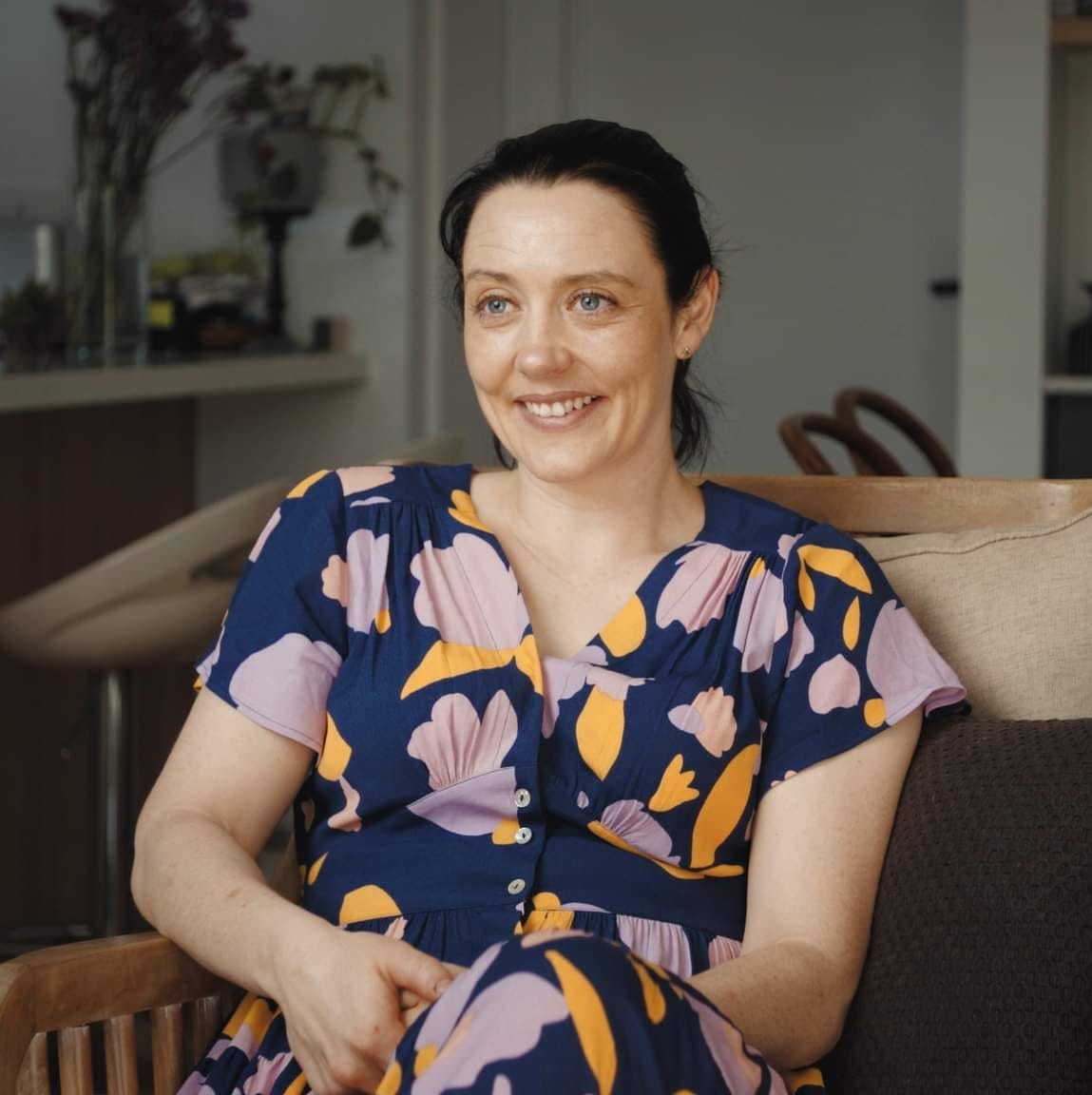
Beyond Pathology: (Re)conceptualizing Distress in Chronic Pain Care

Political Advocacy in Occupational Therapy: A Professional Imperative
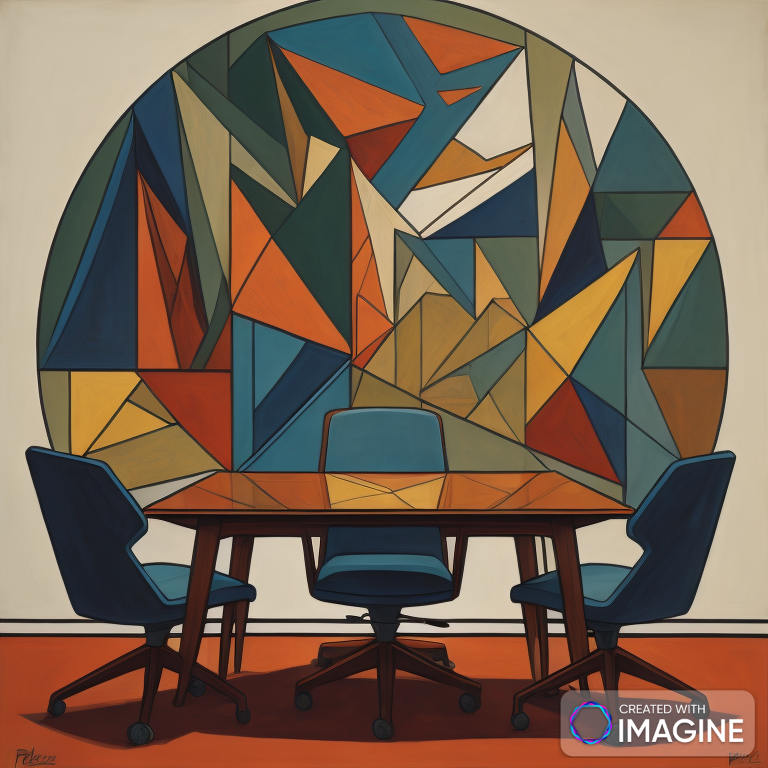
A Seat at the Table: A Reflection on Engaging Disabled People and Their Families in Research and Service Design
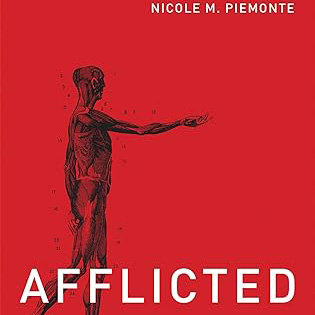
Returning Back to Oneself: Cultivating Vulnerability in the Health Professions
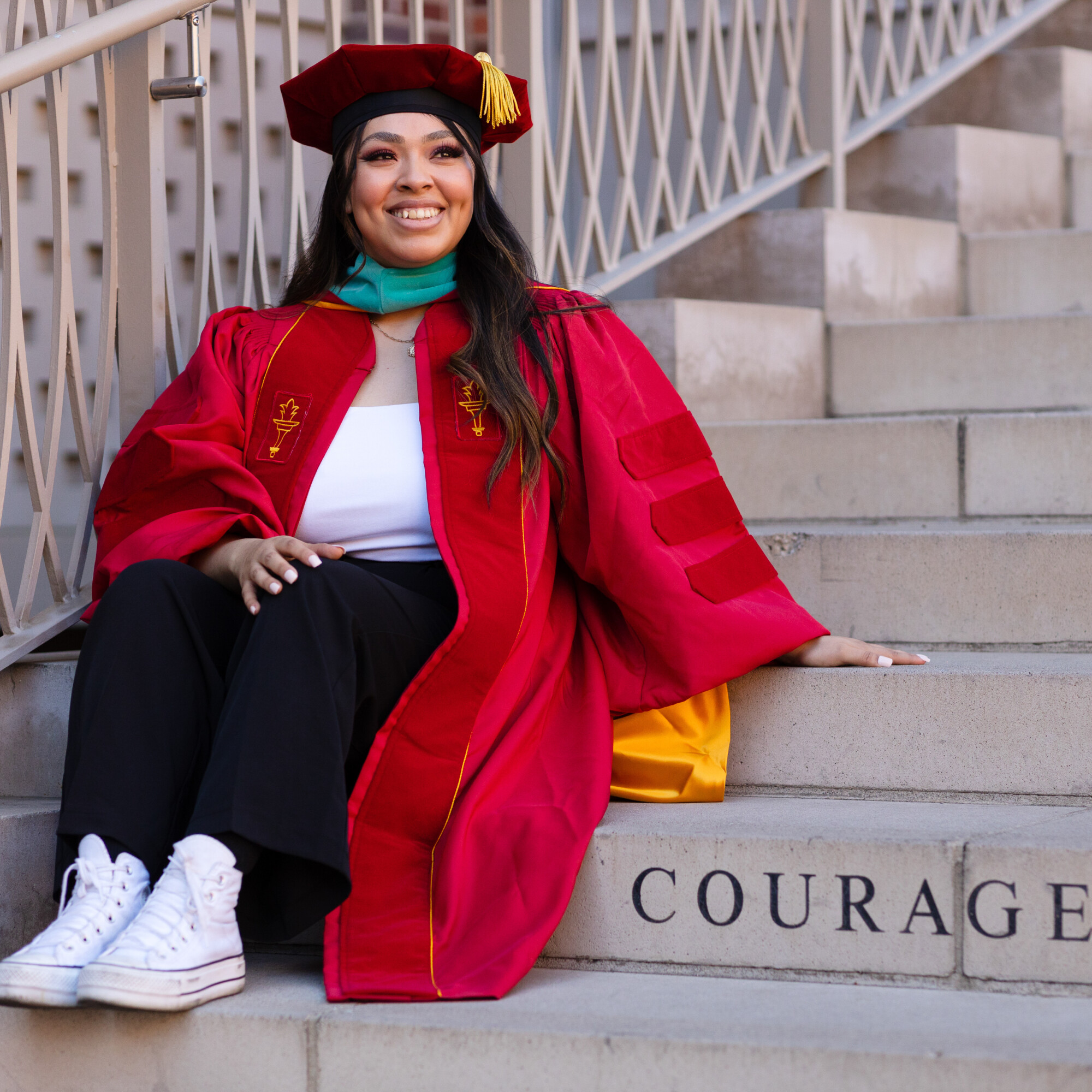
Anxiety
2025 ACAPT-JHR Student Essay Contest Finalists
Congratulations to Doctor of Physical Therapy Students, Katherine Hendry (Emory University) and Danielle Christ (Rutgers University), finalists of the annual Student Essay Contest, co-sponsored by the American Counsel of Academic Physical Therapy (ACAPT) and the Journal of Humanities in Rehabilitation (JHR). The eighth in an annual series, this national contest offers a creative opportunity to ignite critical reflection in Physical Therapy students across the nation to support holistic approaches to patient care. This year’s essay prompt was: “In clinical practice, physical therapists frequently encounter moments of uncertainty—cases where clear answers or established protocols may not exist for a given problem. Navigating this ambiguity requires not only clinical expertise but also the capacity to adapt, reflect, and respond to new and complex situations. The Master Adaptive Learner (MAL) model emphasizes lifelong learning and adaptability in these uncertain moments, encouraging clinicians to continuously reflect, learn, and innovate in their approach to patient care. In this essay prompt, we invite students to describe their experiences of navigating ambiguity and uncertainty in clinical practice or education and offer examples of how their encounters with the health humanities—i.e., engagement with literature, ethics, storytelling, or the arts—have influenced their approaches to healthcare. How have they helped you cultivate the skills to become a Master Adaptive Learner (one who is more reflective, adaptive, and innovative)? How have the humanities enhanced your ability to manage uncertainty with empathy, curiosity, and creativity? In what ways have these disciplines guided your growth as a resilient and adaptable clinician in training?
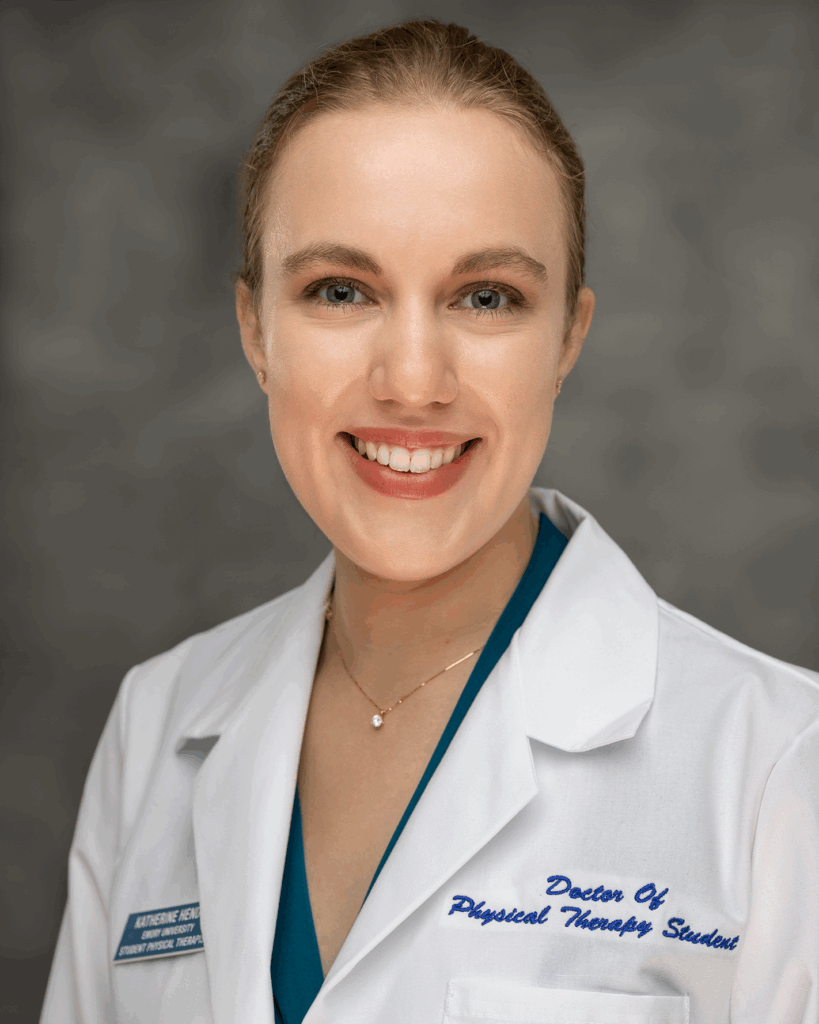
To Be, to Inflect, to Feel
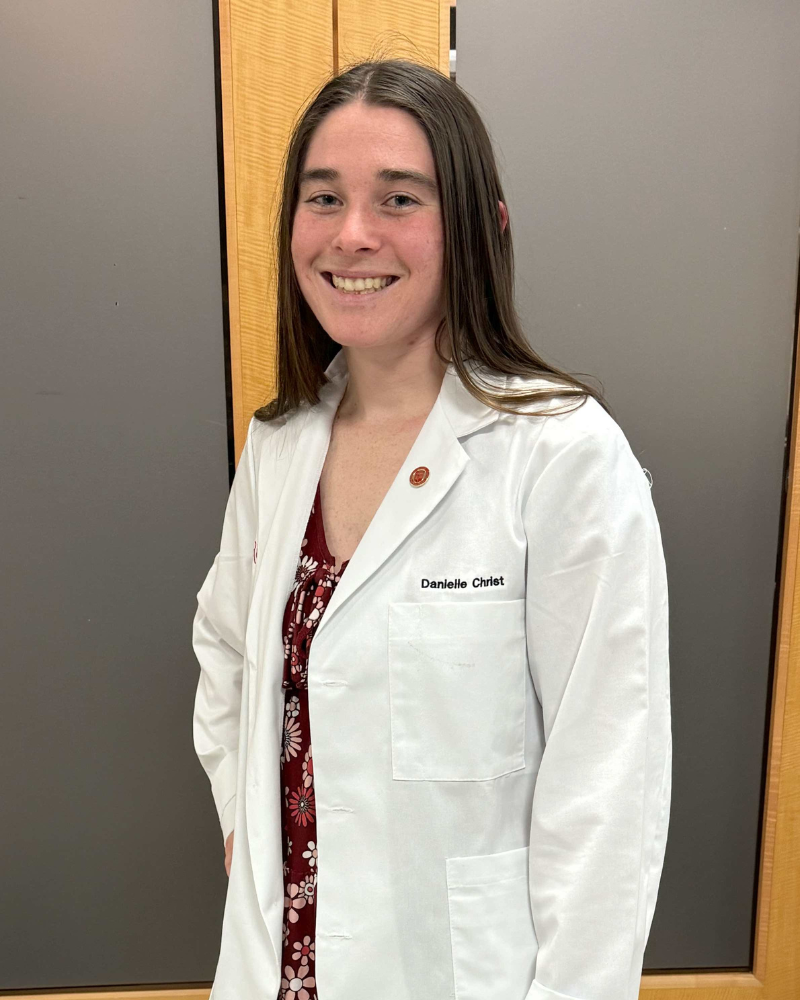
Physical Therapy is More than Just Physical
“I want to see feisty disabled people change the world.”
— Judith Heumann

